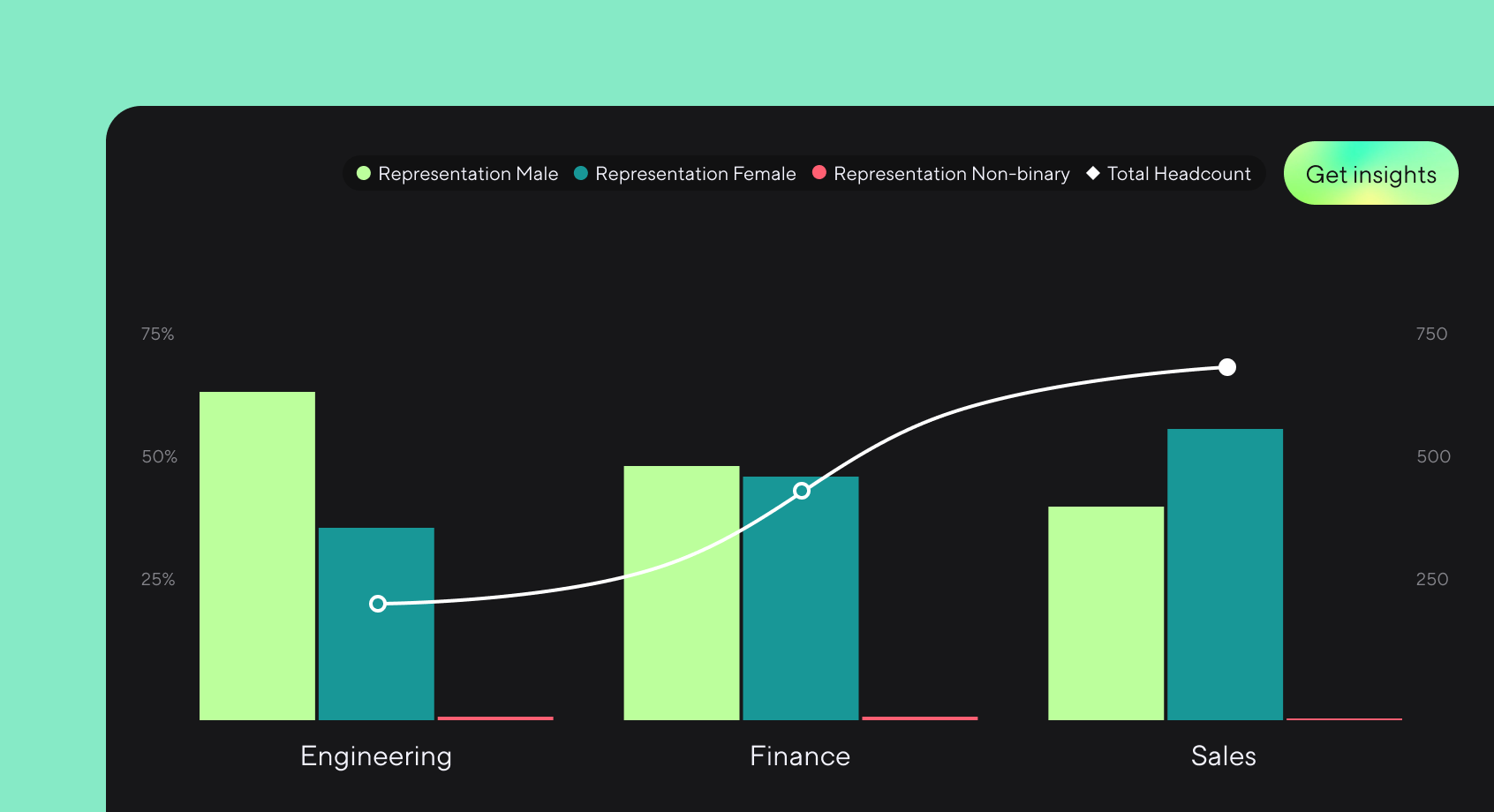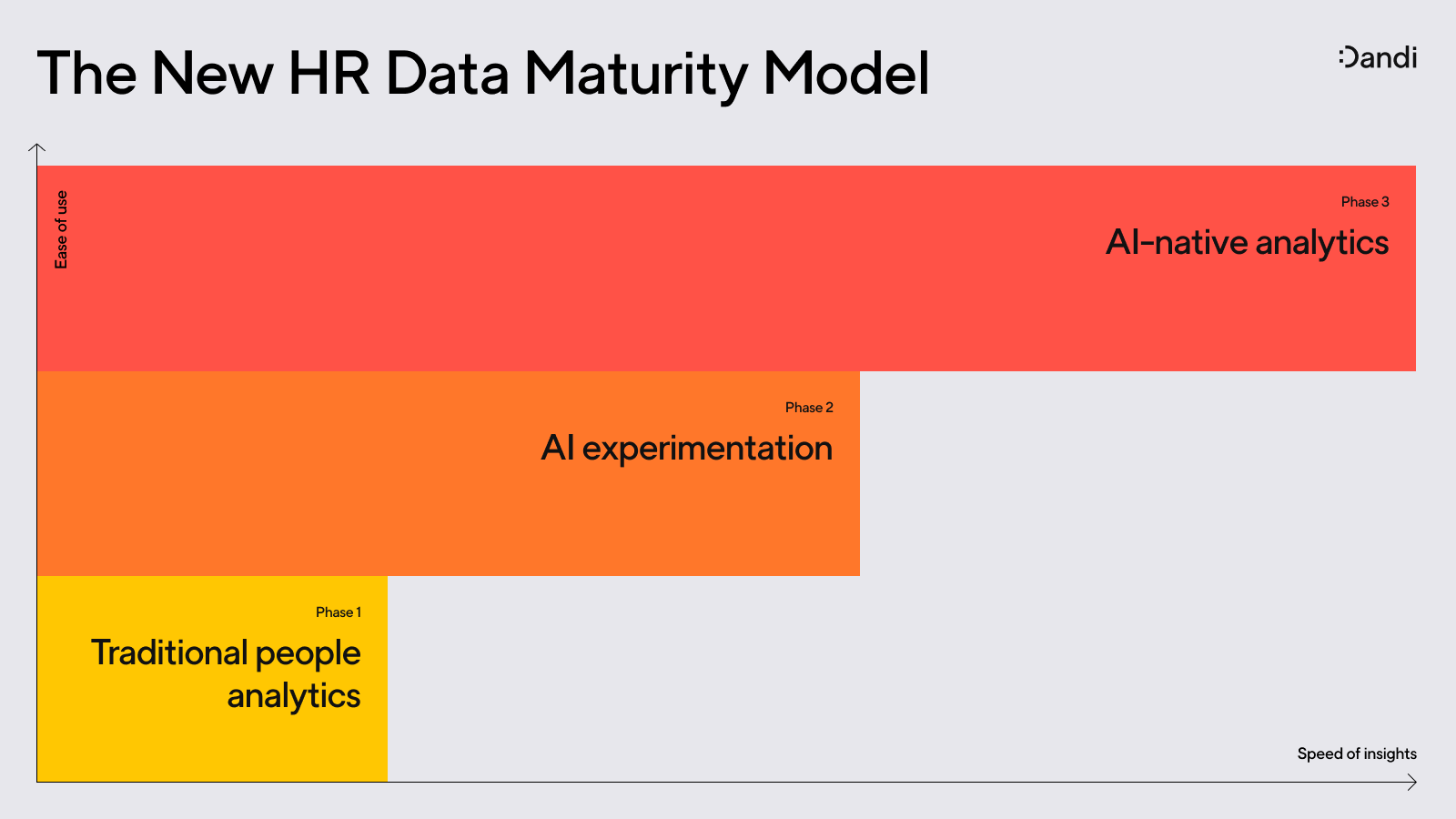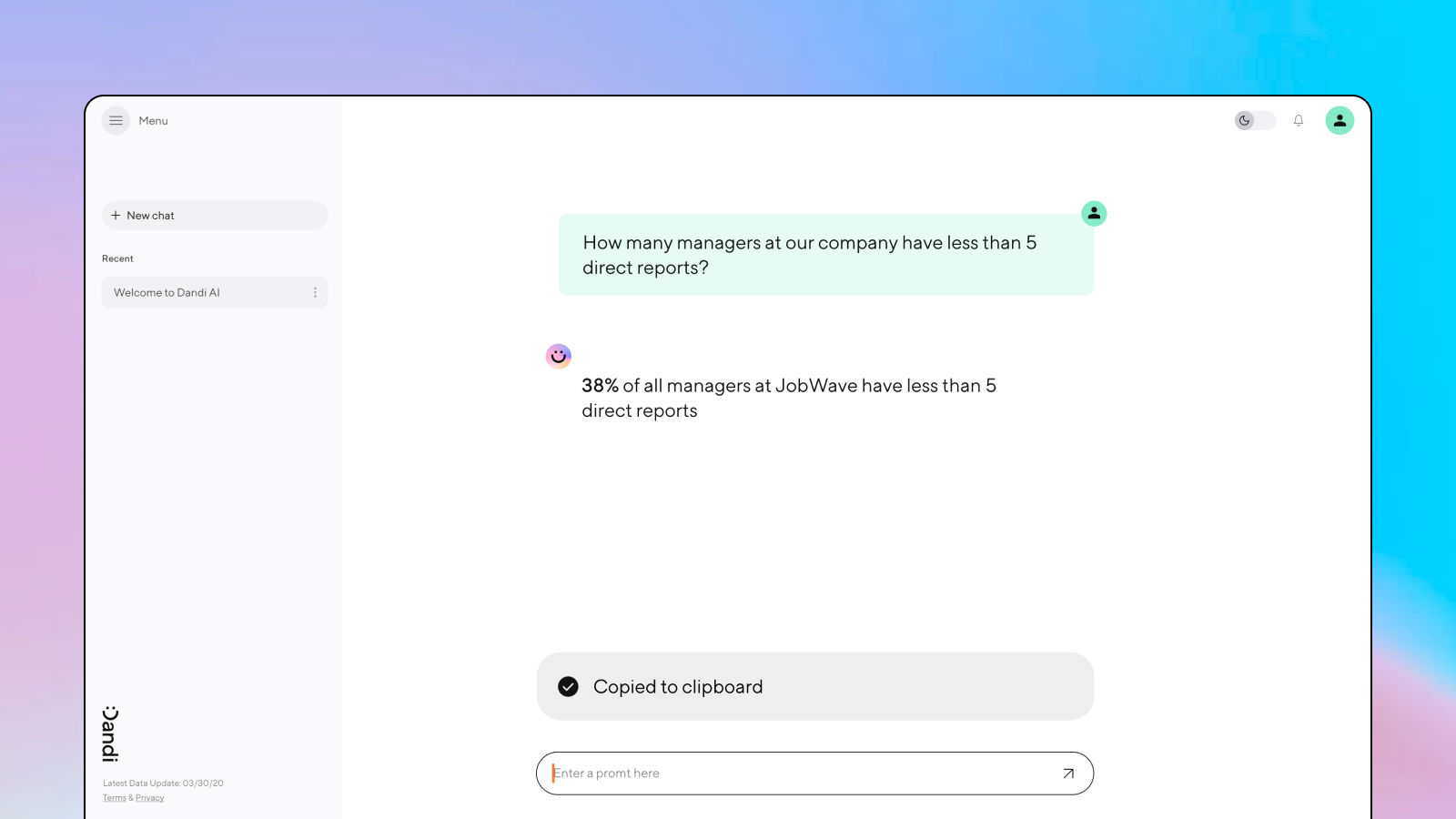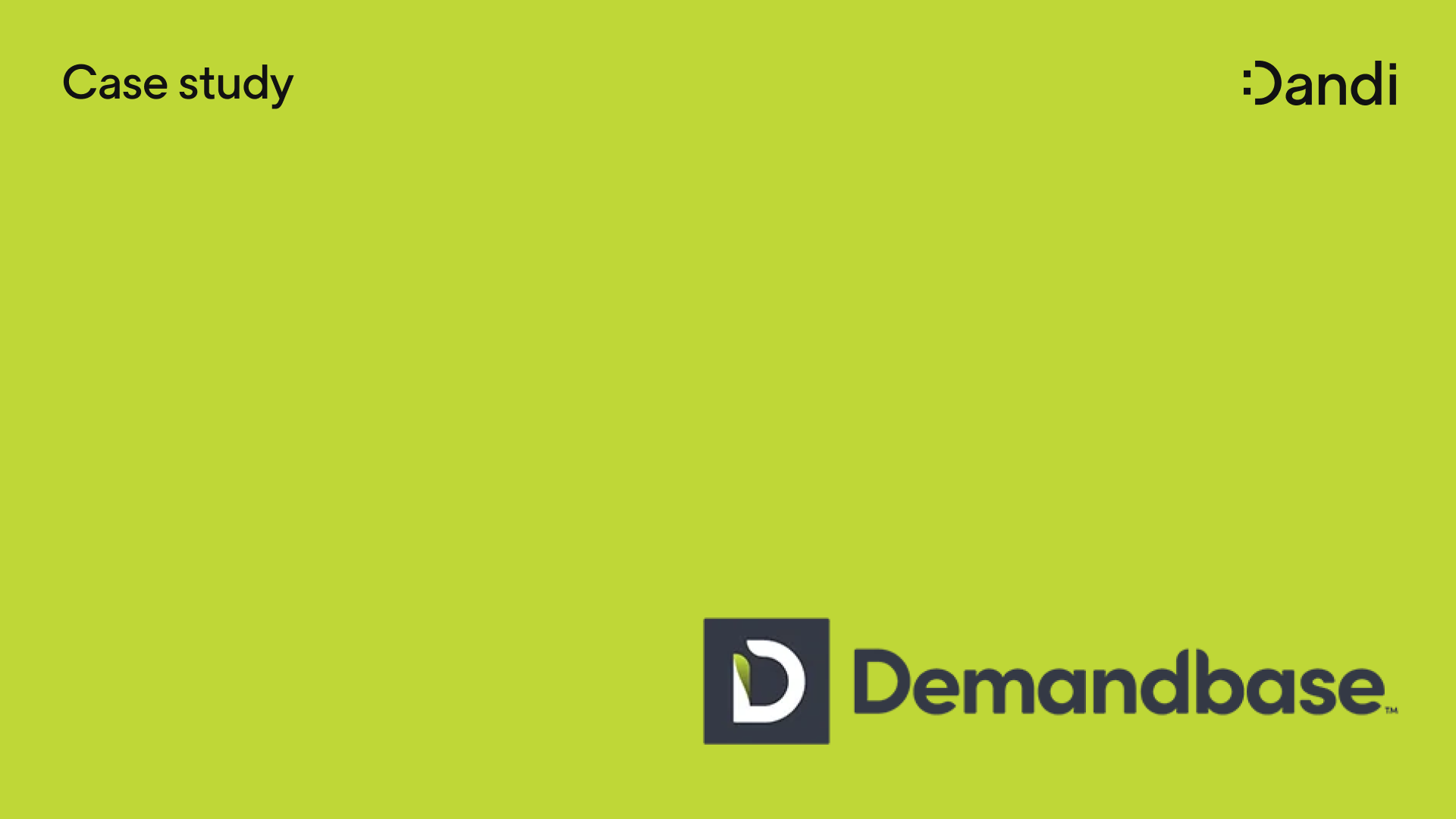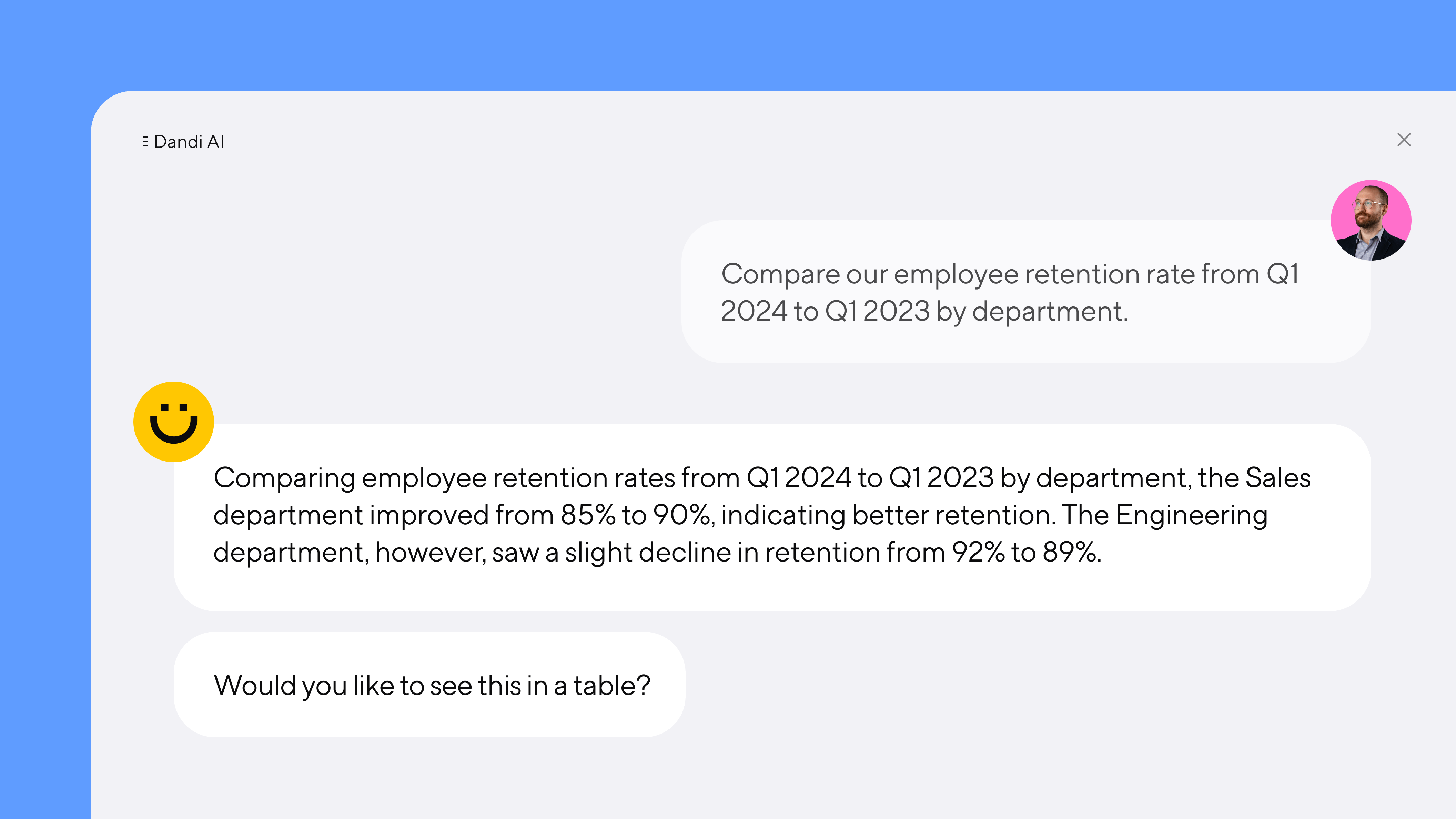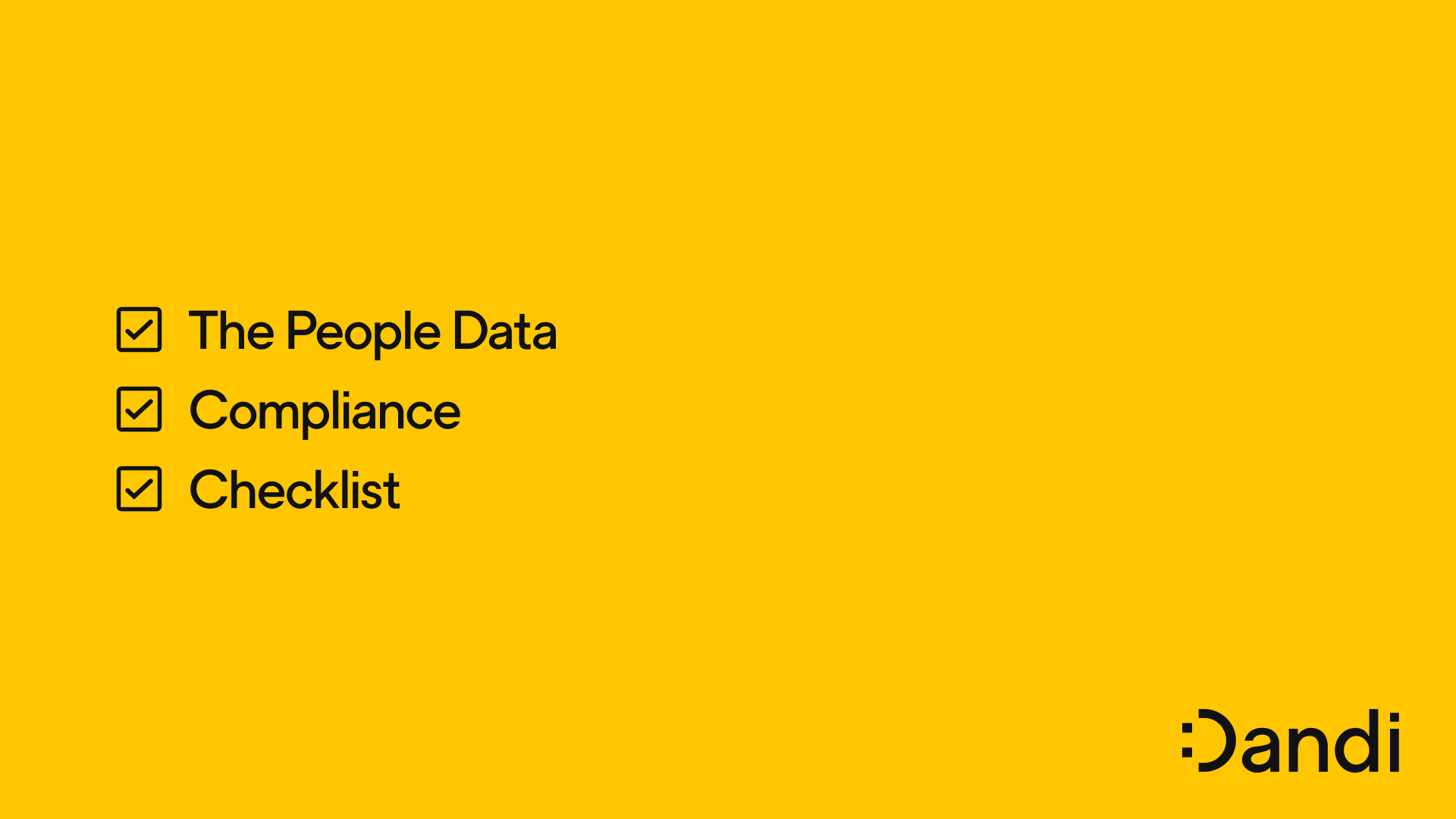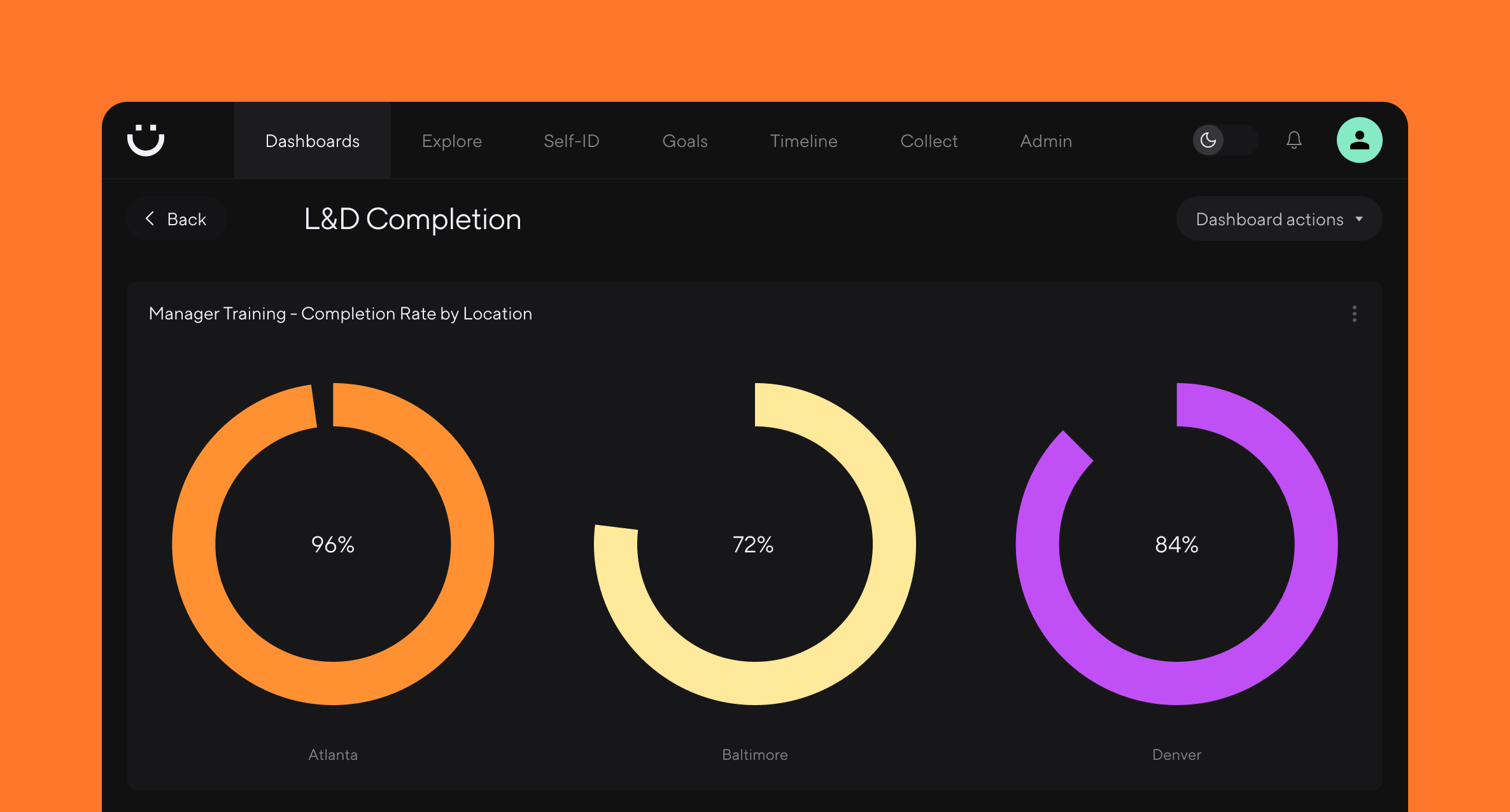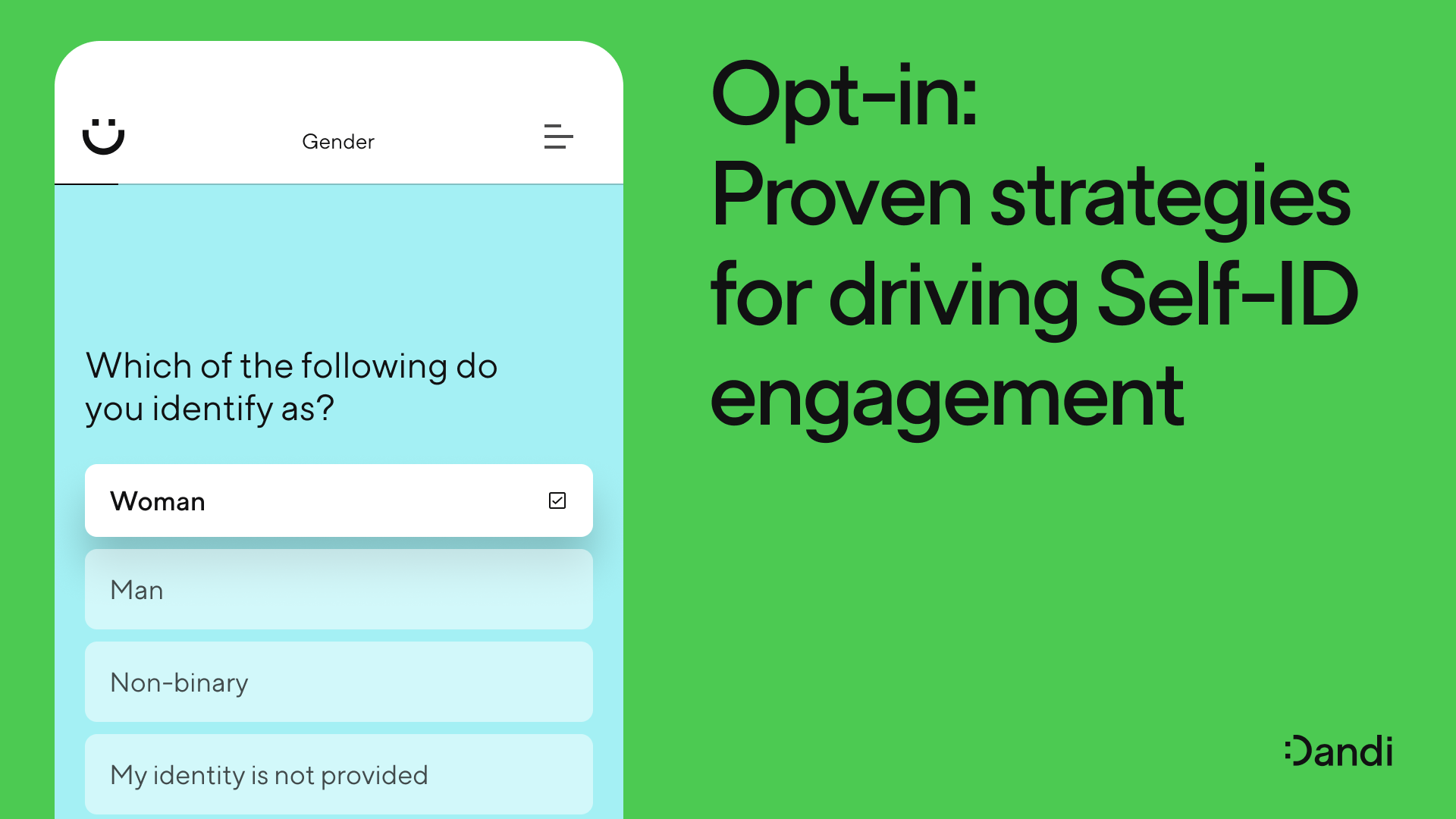What GenZ wants when it comes to workforce data
Catherine Tansey – Nov 29th, 2023
By 2030, GenZ will comprise 30% of the workforce. In this article, we look at what the world’s first digital natives expect when it comes to the collection and use of people data.
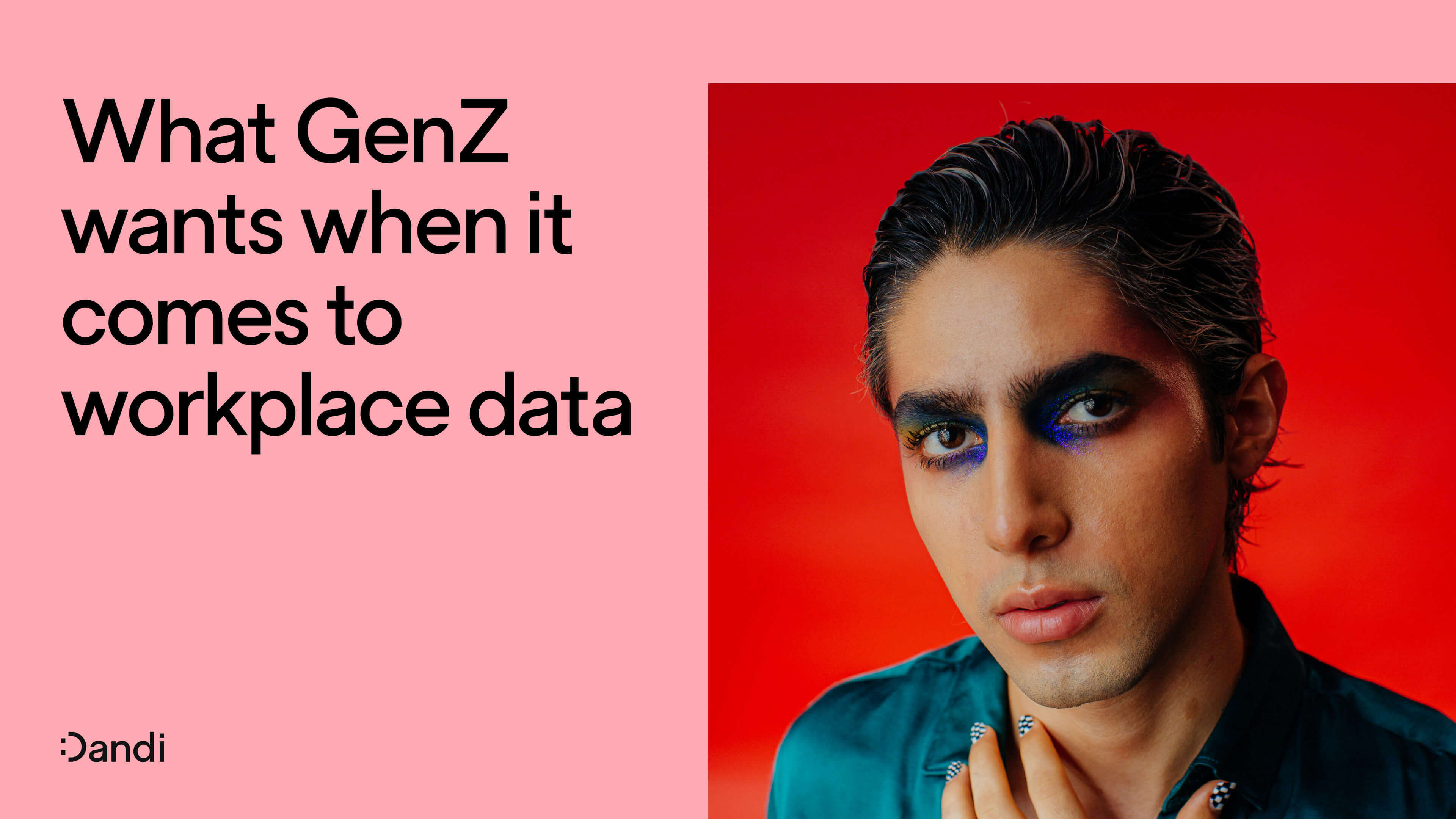
If millennials got flack for a perceived sense of entitlement in the workplace, GenZ has been called the “generation who wants it all.” Their expectations span fair pay, workplace equity, reasonable work-life balance, good corporate citizenship, and more.
They expect organizations to care about not only business, but the environment, their community, and their employees—and to do so with integrity. This includes ensuring people data, among the most personal information shared with companies, is ethically managed.
Poised to comprise 30% of the workforce by 2030, GenZ ‘s bargaining power in the workplace continues to grow. For employers, data will play a key role in understanding and adapting to this growing force in the workplace.
The first true digital natives
As the first truly digital generation, GenZ has conflicting feelings about technology, especially when it comes to privacy. More likely than other generations to use ad-blockers, VPNs, and other measures to protect personal data, they’re also more likely to exchange data for better personalization. The paradox of GenZ is that they are the most digitally connected generation but also demand privacy—yet they’re willing to trade it for a better user experience. To attract and retain GenZ workers, companies must find ways to adroitly navigate these nuances.
In the workplace, GenZ has expectations for ethical corporate behavior, which extends to people data use. According to Ernst & Young, GenZ will be “increasingly critical of companies that are not proactively open and honest about… labor practices and employee policies.”
80% of GenZ employees say they’re considering switching jobs to work for a company that aligns with their values.
Companies that don’t fit the bill are likely to lose GenZ workers—a generational cohort that’s not shy about switching jobs. Data from LinkedIn shows that in 2022, GenZ workers changed jobs nearly 40% more than in 2021, more than double the rate of Millennials in 2022. And many are doing so to seek employment with a company that better reflects their beliefs: 80% say they’re considering switching jobs to work for a company that aligns with their values.
When it comes to data use, companies must use data to create a better employee experience, ensure data security and privacy, and adopt open policies that communicate how data is collected, stored, and used in order to attract and retain GenZ talent.
GenZ expects transparency
The “need-to-know” workplace that Boomers and Gen X came up in doesn’t cut it for GenZ. This generation not only thinks favorably of transparent communication—they expect it. “Being open and candid with this generation will be key to earning their trust in the long term as consumers and employees,” according to Ernst & Young.
To foster trust and rapport with GenZ, companies need proactive and straightforward communication policies—including around data. GenZ wants to know what you’re collecting, how you’re using it, for how long you’re keeping it, and how they can access it. Sharing this information is likely to increase employee participation in the voluntary submission of data.
Proactively communicate the how and why behind data collection, use, and security to build positive reputational credit with GenZ employees.
Research published in the Journal of Consumer Behavior suggests that people are more likely to be “willing to share a particular type of data when they feel that they understand why a particular company is requesting that data and correspondingly what the data will be used for.” It’s feasible to extrapolate these learnings to the employee-employer relationship, too.
Companies should invest in tools that rely on role-based permissions to access data, ensuring data can be used to inform decisions and affect meaningful workplace change in an ethical way. Proactively communicate the how and why behind data collection, use, and security to build positive reputational credit with GenZ employees. Highlight company commitment to data compliance rules and regulations, but go further by setting clear internal data-use and security policies and sharing these with workers.
Use data to understand GenZ’s work-life preferences
Accustomed to working and collaborating remotely, GenZ craves the flexibility to work where and when they want. This generation sees technology as enabling connection, both personal and professional, and companies will have a hard time convincing them that in-person work or fixed working hours work are essential.
As an age group that has struggled extensively with mental health, with individuals “reporting higher rates of anxiety, depression, and distress than any other age group,” it’s likely GenZ views flexible work arrangements as a tool to support mental health wellness.
It’s likely GenZ views flexible work arrangements as a tool to support mental health wellness.
A robust voluntary self-ID campaign makes it possible for companies to securely obtain the kind of employee data they need to inform meaningful and impactful workplace wellness strategies. Companies can get a sense for caregiver status, past or current mental health challenges, and more to create or re-work the flexible workplace arrangements for GenZ.
What’s more, as companies act on the data they obtain from such surveys, they reinforce their commitment to employee wellness and work-life balance.
Bring DEI to the fore of the data conversation
While GenZ is concerned about their data, they’re willing to opt-in when it results in policies and experiences that better meet their needs or align with their values. Research shows that GenZ consumers are willing to trade personal data for better personalization.
This may make GenZ more willing to participate in voluntary self-ID, since doing so would help move the needle on a top workplace concern: diversity, equity, and inclusion.
Ernst & Young notes that companies must focus on DEI if they want to meet GenZ’s expectations: “Perhaps the most important thing to understand about GenZ is that their greatest source of stress and worry is others being treated badly because of their gender, race, sex, etc.”
Voluntary self-ID is essential to meaningful DEI work, so communicate why you ask for this information, how you’ll keep it safe, and what it’s used for.
GenZ's greatest source of stress and worry is others being treated badly because of their gender, race, or sex.
Underscore how a commitment to a more equitable world can start with a more equitable workplace, and outline how you’re doing so at the organization to resonate with your GenZ employees. Adobe’s Future Workforce Study finds that “78 percent stressed the importance of being able to connect with the company values.”
Pay equity is also a major focus for GenZ workers, who exchange salary information more freely than any other generation before. According to McKinsey, members of GenZ “expect their employers to share the information more openly and affirm organizational commitment to pay equity.”
Companies must complete pay equity audits, make adjustments as needed, and create a regular salary communication cadence with employees. If pay inequities persist, it’s likely GenZ employees will speak out against them. Adobe’s research shows that members of GenZ aren’t shy about sharing feedback about workplace matters, with 74% of respondents saying they're comfortable giving upward feedback to managers or supervisors.
Use data to better meet GenZ’s needs
Finding and retaining top talent remains the biggest challenge for employers today.
As GenZ continues to fill the workforce, data is the key to creating the workplace that works for them, but companies must do so securely or risk alienating this group.
Looking to boost your workplace data efforts? Book a demo with Dandi.
More from the blog
Announcing more powerful Dandi data visualizations
Team Dandi - Oct 23rd, 2024
The New Maturity Model for HR Data
Catherine Tansey - Sep 5th, 2024
Buyer’s Guide: AI for HR Data
Catherine Tansey - Jul 24th, 2024
Powerful people insights, 3X faster
Team Dandi - Jun 18th, 2024
Dandi Insights: In-Person vs. Remote
Catherine Tansey - Jun 10th, 2024
Introducing Dandi AI for HR Data
Team Dandi - May 22nd, 2024
5 essential talent and development dashboards
Catherine Tansey - May 1st, 2024
The people data compliance checklist
Catherine Tansey - Apr 17th, 2024
5 essential EX dashboards
Catherine Tansey - Apr 10th, 2024
Proven strategies for boosting engagement in self-ID campaigns
Catherine Tansey - Mar 27th, 2024
